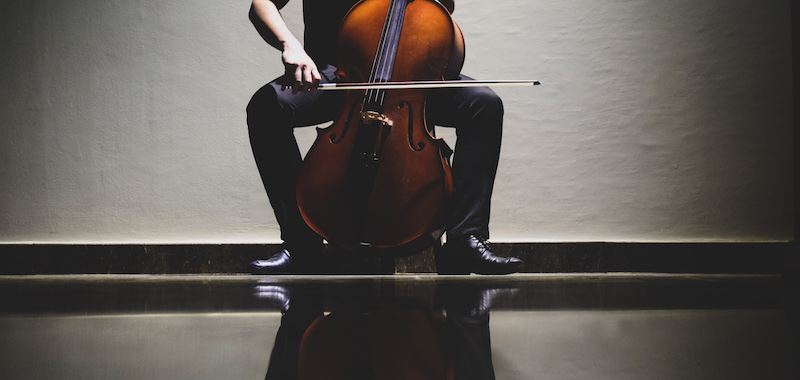The Rise of the House Concert
While there’s nothing specifically in my lease that bars me from belting out Puccini’s greatest hits at the top of my lungs in my apartment, I tend to be uncharacteristically shy about singing in my own living room, but love to sing in other people’s. The trend of classical house concerts is growing in my corner of the world and several other urban areas. It is, of course, no new innovation. We all learned about Schubert’s Liederabends in music history and they’ve been happening in various iterations ever since, from the most formal to the totally casual with all manner of repertoire.
Individuals and organizations are capitalizing on this early trend, but none so well as Groupmuse, a movement you are likely familiar with if you live in San Francisco, Boston or New York. They also have chapters coming soon to Boulder and Denver, Colorado as well as Atlanta and Seattle. And their mission says it very, very well:
“A groupmuse is not just a chamber music house concert. It’s an experience that’s as social as it is musical and as convivial as it is stimulating. Moreover, it’s not a one-and-done thing. It’s a building block of a larger community of people who seek beauty and depth in a world where neither is particularly forthcoming. The purpose of a groupmuse is, in part, to relay moments of musical expression that have inspired people for hundreds of years, but it’s also to make you want to come back for more, because when the faces become familiar and your neighbors become your friends is when art is realizing its ultimate potential and reminding us all of our common humanity.”
So how do you make it work for you? If you’re looking to find your own host, plan your own program, and marshal your own resources, here are some tricks of the trade:
Recruit your friends. Get your friends who play music onboard ASAP because a varied program is a good program. Find someone who is hungry to learn new repertoire, pull out old favorites, and really dig into them!
Put on your programming hat. You have spent years researching and planning recital programs and now you don’t have pesky graduation requirements sucking all the fun out of it. The world is your musical oyster. This is your program. Stretch yourself. Try new things. Take risks. Align poetic themes or highlight vocal fireworks. Develop a program with variety and something to say.
Find a willing host. Start a list of people you know with pianos in their houses and start asking. No matter how state of the art your keyboard is, it doesn’t replace the music making capabilities of a real live acoustic piano. Once you’ve confirmed the piano’s existence, selling your project is easy— You are offering free, beautiful music where your host can invite all of their friends.
This is the time to work for free. I should mention this is one of the few times I put my capitalist, singer self aside to try and create art with and for people I like. I have found this to be one of the most enjoyable forms of performance expression and the best part is no one owes anyone anything. We’re all there to serve the music and have a damn good time doing it.
Extend unexpected invitations. This is an opportunity to introduce a classical newbie to the music you’re dedicating your life to. They can kick off their shoes, have a glass of wine, and hear you sing from ten feet away. Intimate and accessible doesn’t begin to cover it. These experiences can help us win over the next generation of classical music and opera patrons.
Make it BYOB, BYOF, and BOYC if need be. A potluck-style affair keeps this event feeling properly communal and realistically cost-efficient. Ask your guests to bring a bottle of wine or munchies to share. If your host doesn’t have seating for twenty, the audience can be encouraged to engage in some good old-fashioned criss-cross applesauce on a comfy carpet.
Involve the audience. Are you singing in a foreign language? Don’t just pass out translations, have different audience members read the English poetry aloud for the group in addition to telling them what you’re singing about, thinking about, and the work that you and your collaborators have done to prepare for this performance. Pull back the curtain and let them see how this process works. You’re going to be singing in their personal space, so be ready to give a real-time, close-up interpretation of this repertoire. No need for the grand operatic gesture. They are interested in having a real live person sing to them. The same person they’ll socialize with as you enjoy a well-deserved glass of the wine they brought. Full disclosure: I usually start drinking sooner, depending on the rep for the night!
See where the night takes you. Hands down, my favorite events have been those where the music went on into the night. There are truly few things I love more than drunken party arias and musical theater belt-alongs. The spirit of democratic music-making demands that all in attendance who want to participate should, in whatever way presents itself.








